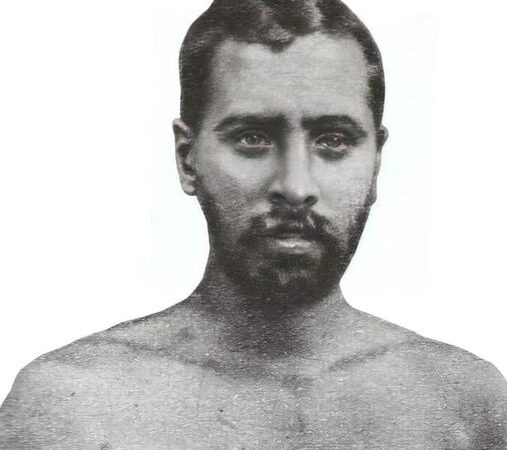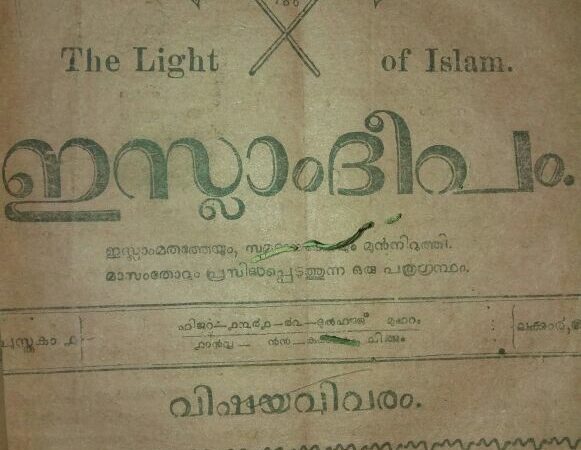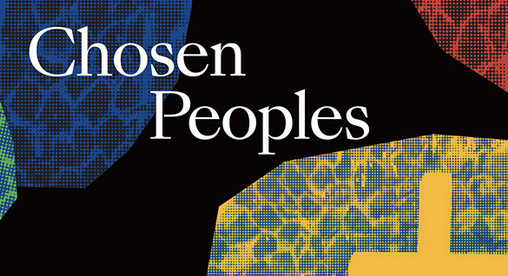
We all learn ways of negotiating life from our histories, families, religions, and our broader society. These passages suggest that some of what we learn can be deadly to our siblings and our neighbors, but we can explore different visions of God and abandon the toxic ways of thinking that are so often deeply embedded in our world.

If we understand political theology as the mobilization of theological ethos to manage political existence in the world, or theodicial redemption of being-in-the world of oppression and domination, the theology operational here could thus be tentatively called an anti-political theology. Anti-politics in the sense of the rejection of politics in favor of the immediacy of the oppositional freedom, and in its indifference in articulating sovereign futurities, which promise liberation in another worldly political order. In its fatal determination to rebel, it speaks only (or is only able to) of the irredeemability of this world.

In our zeal for the projects to which we commit ourselves, especially when we see them as responding to God’s call upon our lives, we risk a myopia that obscures our perception of other realities. Elijah’s story serves as both a warning and a source of hope to those of us inclined to abandon the institutional church, reminding us that there are likely many others who share our deepest commitments, even if these others remain invisible to us for now.

Khilafat in the narratives during the rebellion represented freedom, dignity, justice and universal brotherhood instead of the restoration of an empire. The article briefly examines multiple possibilities the term Khilafat or Caliphate offered to the indigenous anti-colonial struggle of Malabar in India in the 20th century.

Just as Jacob’s encounter brought new beginnings and transformation for him, embracing our true identities can lead to a powerful ripple effect within our communities. By cultivating a culture of acceptance, understanding, and celebration of individual uniqueness, we can foster an environment where marginalised voices get uplifted and empowered.






